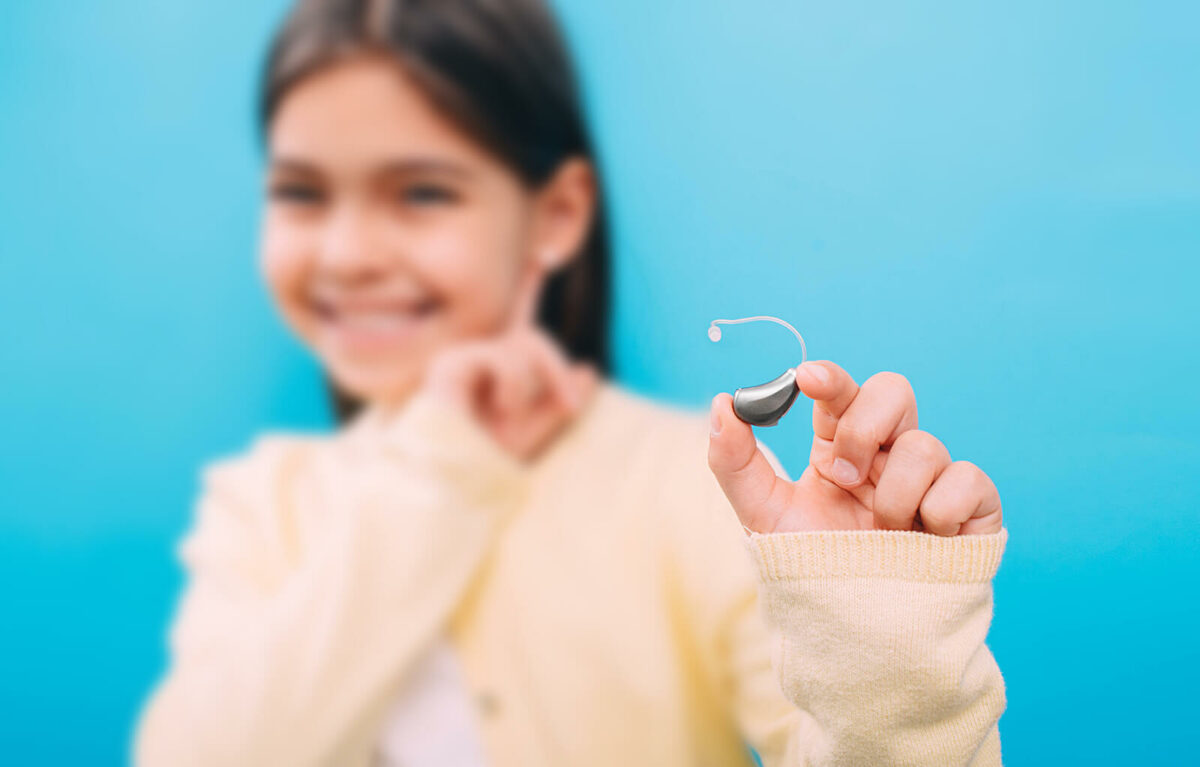Hearing aids are invaluable devices for individuals with hearing loss, but like any technology, they don’t last forever. Understanding how long hearing aids typically last and what factors can influence their longevity is crucial for anyone who wears hearing aids. Let’s explore the expected lifespan of hearing aids and tips to maximize their durability.
The Lifespan of Hearing Aids
The lifespan of hearing aids can vary depending on several factors, including their quality, usage, maintenance, and advancements in technology. On average, hearing aids can last anywhere from 3 to 7 years. Here’s a breakdown of what influences their longevity:
- Quality and Technology: The quality of the hearing aids and their technology plays a significant role in determining how long they will last. High-quality, premium devices tend to have a longer lifespan due to their robust build and advanced features.
- Usage: How often you wear your hearing aids can affect their lifespan. Hearing aids that are worn every day for long hours may experience more wear and tear compared to those worn less frequently.
- Maintenance: Proper maintenance and care can extend the life of hearing aids. Regular cleaning, servicing, and repairs can prevent significant damage.
- Advancements in Technology: As technology continues to evolve, older hearing aids may become outdated. While they may still work, you might opt for an upgrade to take advantage of improved features.
- Type of Hearing Loss: The type and severity of your hearing loss can influence the lifespan of your hearing aids. More severe hearing loss often requires more powerful, energy-consuming devices, which may have a shorter battery life.
Factors That Can Shorten Hearing Aid Lifespan
Several factors can lead to a shorter lifespan for hearing aids:
- Neglecting Maintenance: Failing to clean or service your hearing aids regularly can lead to more rapid deterioration.
- Exposure to Moisture: Moisture can damage the delicate electronic components in hearing aids. Ensure they are protected from humidity and sweat.
- Physical Damage: Dropping or mishandling your hearing aids can cause immediate or gradual damage.
- Outdated Technology: As hearing aid technology advances, older models may become obsolete. While they can still function, you may miss out on enhanced features and performance.
Tips to Maximize the Lifespan of Your Hearing Aids
While the lifespan of your hearing aids is influenced by various factors, there are steps you can take to ensure they last as long as possible:
- Regular Cleaning: Clean your hearing aids daily to remove earwax and debris. Use a soft, dry cloth or a special cleaning tool provided by your audiologist.
- Battery Care: Store your hearing aids with the battery doors open to allow air circulation when not in use. Keep extra batteries in a cool, dry place to improve battery life.
- Professional Servicing: Schedule regular checkups with your hearing health specialist. They can identify and address any issues early and ensure your hearing aids are in optimal condition.
- Avoid Moisture: Hearing aids are sensitive to moisture. Invest in a hearing aid dehumidifier or drying kit to prevent moisture damage.
- Protect from Physical Damage: Be cautious when handling your hearing aids. Avoid dropping them or exposing them to extreme temperatures, as this can damage delicate components.
- Handle with Clean Hands: Always clean your hands before handling your hearing aids to avoid transferring dirt and oil to your devices.
- Change Filters and Wax Guards: If your hearing aids have disposable filters or wax guards, replace them as instructed by your hearing health specialist.
- Battery Replacement: Change the batteries regularly and according to the manufacturer’s recommendations.
Should You Replace Your Hearing Aids?
There will come a time when replacing your hearing aids becomes a practical choice. If you notice decreased performance or need frequent maintenance, it might be time for an upgrade. Regular checkups with your hearing health specialist can help you stay up to date on the health of your devices.
If you’re ready to upgrade your hearing aids, we’ll help you explore your hearing aid options. You can find the best solution for your hearing needs, that includes all the programs and features you’re excited to try.

